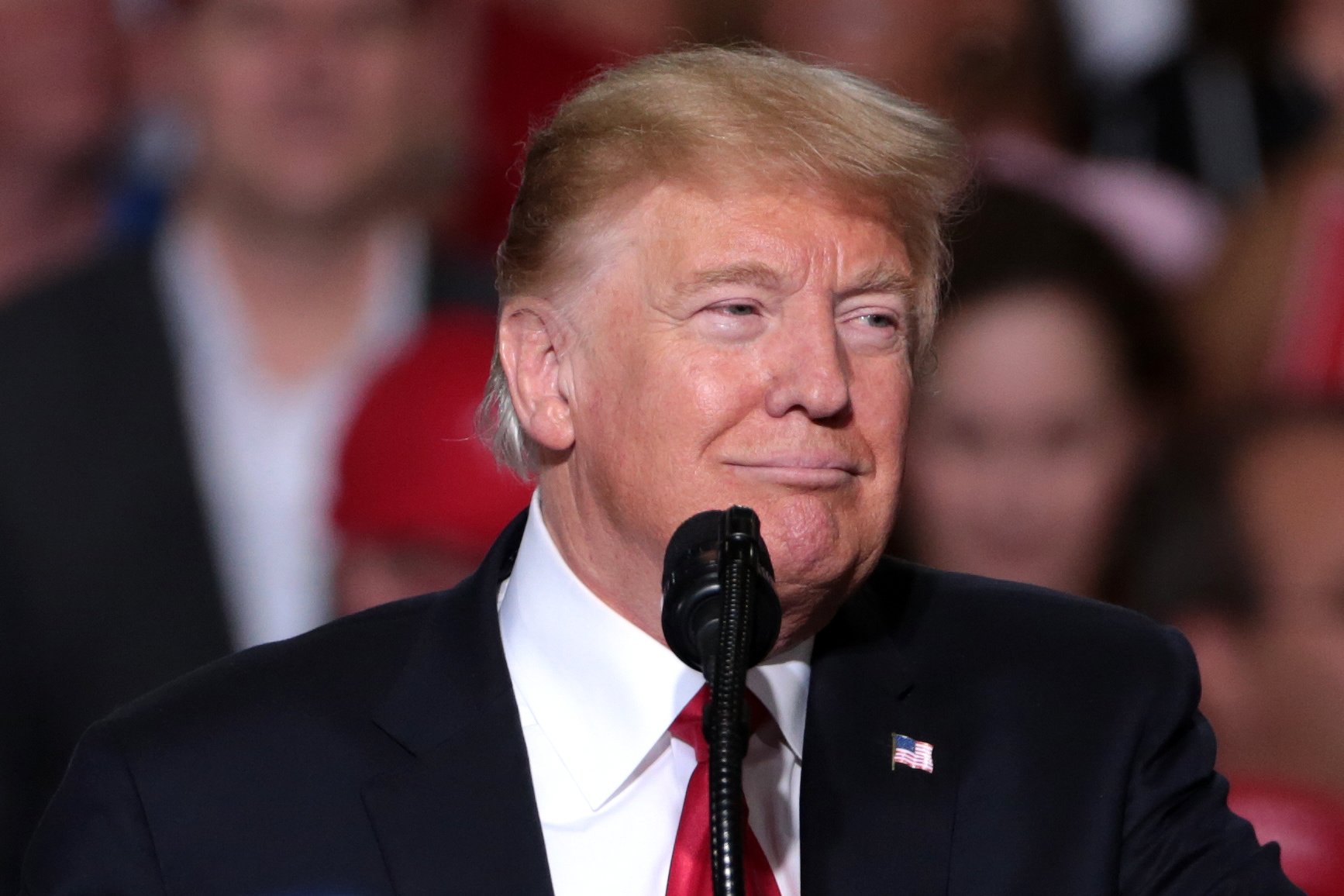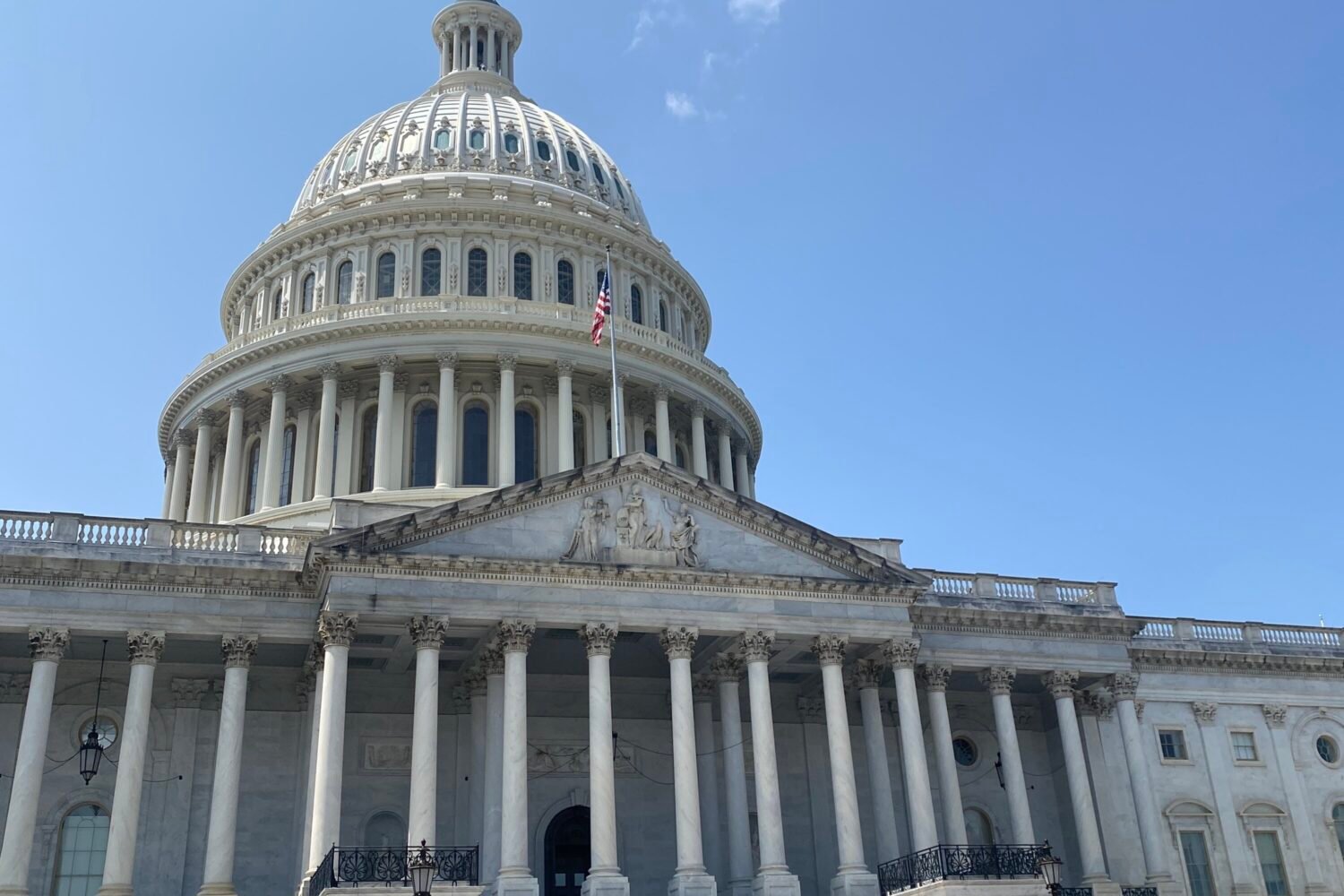Yesterday, for the first time in history, the Speaker of the House was removed from office when a group of eight Republicans joined Democrats and voted out Kevin McCarthy. Now the search for the next speaker is on, and some Republicans are proposing Donald Trump as an alternative.
But could Trump be speaker if he isn’t even part of Congress? Would he want the job, given that he’s busy on the campaign trail talking about how getting electrocuted is better than being attacked by a shark, and also traveling across the East Coast for his various trials? For answers, we spoke with Ron Elving, an executive in residence and professorial lecturer at American University and a Senior Editor and Correspondent on the Washington Desk for NPR News:
Can Trump really become Speaker of the House if he isn’t even a member of Congress?
Elving: Article 1 [of the Constitution] says, “the House of Representatives shall choose their Speaker and other Officers; and shall have the sole Power of Impeachment.” That’s the only guidance we get. It doesn’t say [the Speaker] has to be a member, but I think it’s just a presumption that it would be. But, in all the rules that Congress has adopted in 200 and some years, they’ve never specified that the speaker had to be a member of the House.
It’s like the pope being a Catholic—I’m not sure that there’s anything in the Vatican’s protocols that says “oh and by the way, the pope should be a Catholic.” It’s not like they’re just going to pick Taylor Swift, it has to be a cardinal!
So it is possible, at least theoretically. But is it likely to actually happen?
Elving: Trump would have to get virtually all the Republicans on board for that, and I could see getting half or two-thirds if some of them hold their nose—but not all. Some may not want to anger the Trump supporters in their districts, but there are 20-some Republicans from districts that actually voted for Biden.
I don’t think the average Republican wants to play a hand in giving Trump the power to shut down the government. Even if all of them did back him, their majority is so slim it’s almost a non-majority. If an elevator door didn’t open or a taxi driver got lost, they might not get the votes.
Okay, but if Trump did become Speaker, what could he do?
Elving: He’d be responsible for getting legislation passed, and if they couldn’t pass appropriations bills—the government would shut down. Donald Trump is certainly capable of shutting the government down, he did it for five weeks as president. Now, he could shut down the government to obstruct his trials. He has said on Truth Social to shut down the government until they defund the Department of Justice, until they end these “witch hunts.”
[But] even though Trump is very good at getting people who do like him to do what he wants, he is not very good at getting people who don’t to cooperate with him, which is important for a Speaker. Scheduling would be hard, too. What do you do when the Speaker needs to be in court?
Would Trump even want the job?
Elving: It’s hard to see why this would be in his interest, given all the trials he has to deal with and campaigning. You can’t be Speaker in name only, so he would have a role to play in actually running the government. That would require him to show up multiple times a week, so it seems unlikely.
What about Trump’s legal issues?
At the end of our conversation, Elving suggested we take a look at clause 10 (b) of rule XXIII in the official Rules of the House of Representatives. The clause reads:
a member … who has been indicted for or otherwise formally charged with criminal conduct in any Federal, State, or local court punishable as a felony for which a sentence of two or more years’ imprisonment may be imposed should … step aside from any conference leadership position until judicial or executive proceedings result in an acquittal or the charges are dismissed or reduced.
So if Republicans did want Trump as speaker, they might have to address the above first.



















